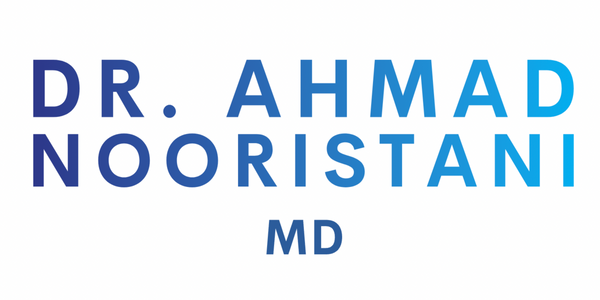A Healthier Heart Might Make You Smarter
In new evidence that illustrates that health issues rarely exist in a vacuum, a new study finds a link between heart health and brain function.
Existing evidence suggests that having heart disease raises one's risk of dementia, and vice versa, but a team of researchers based in London wanted to find out if this connection could be seen in a healthier population.
For the study, nearly 30,000 mostly healthy adults in the United Kingdom had MRI scans to assess their heart health. The participants also completed thinking ("cognitive") tests, measuring their ability to solve logic and reason-based problems, and showing how fast the brain processes information. Performing well on these tests is associated with better brain function.
The results revealed that those who excelled on the cognitive tests were more likely to have a healthier heart than those who tested poorly.
Better scores for the two cognitive tests that were used, indicating better brain function, were associated with heart measures, from the cardiac [MRI] scans, which indicated a healthier heart. Thus, having a healthy brain is associated with having a healthy heart, and vice versa.
Risk factors such as age, smoking, high blood pressure, alcohol intake and exercise level can affect one's risk of developing problems such as heart disease and dementia. Thus, it was important to determine if these factors were responsible for the brain-heart connection or if these organs were independently associated.
However, even after accounting for these risk factors, the relationship between heart health and brain function held steady, suggesting that some other mechanism may be responsible.

Importantly, the association was not explained by classical risk factors for heart disease or dementia, which suggests that there may be a biological link between the two conditions, separate from the contribution to both conditions from these risk factors.
While the potential mechanisms linking heart and brain health are not fully mapped out, it is clear that these systems are tightly connected. There are a lot of nerves from the brain directly to the heart, and we know there's a strong connection between the two.
Stress is a prime example of a health problem that has a cascading effect on different systems in the body, including the heart and brain.
When you are dealing with individuals who have chronic stress or chronic anxiety issues, it affects a lot of parts of the body. There are many of the different hormones released in response to stress that can provoke an increase in heart rate and blood pressure.
We think that a lot of people who have chronic elevations of stress hormones may have more tendency to have atrial fibrillation [an irregular heart rate], and it may be an independent risk factor for heart disease.
In light of the increasing burde of age-related problems such as heart disease and dementia, learning more about the complex causes of these diseases is essential.
Findings are highly relevant in an ever-aging global population. Understanding links between these diseases enables us to optimize our assessment of older people and to potentially develop new therapies, which will target common mechanisms of aging.

